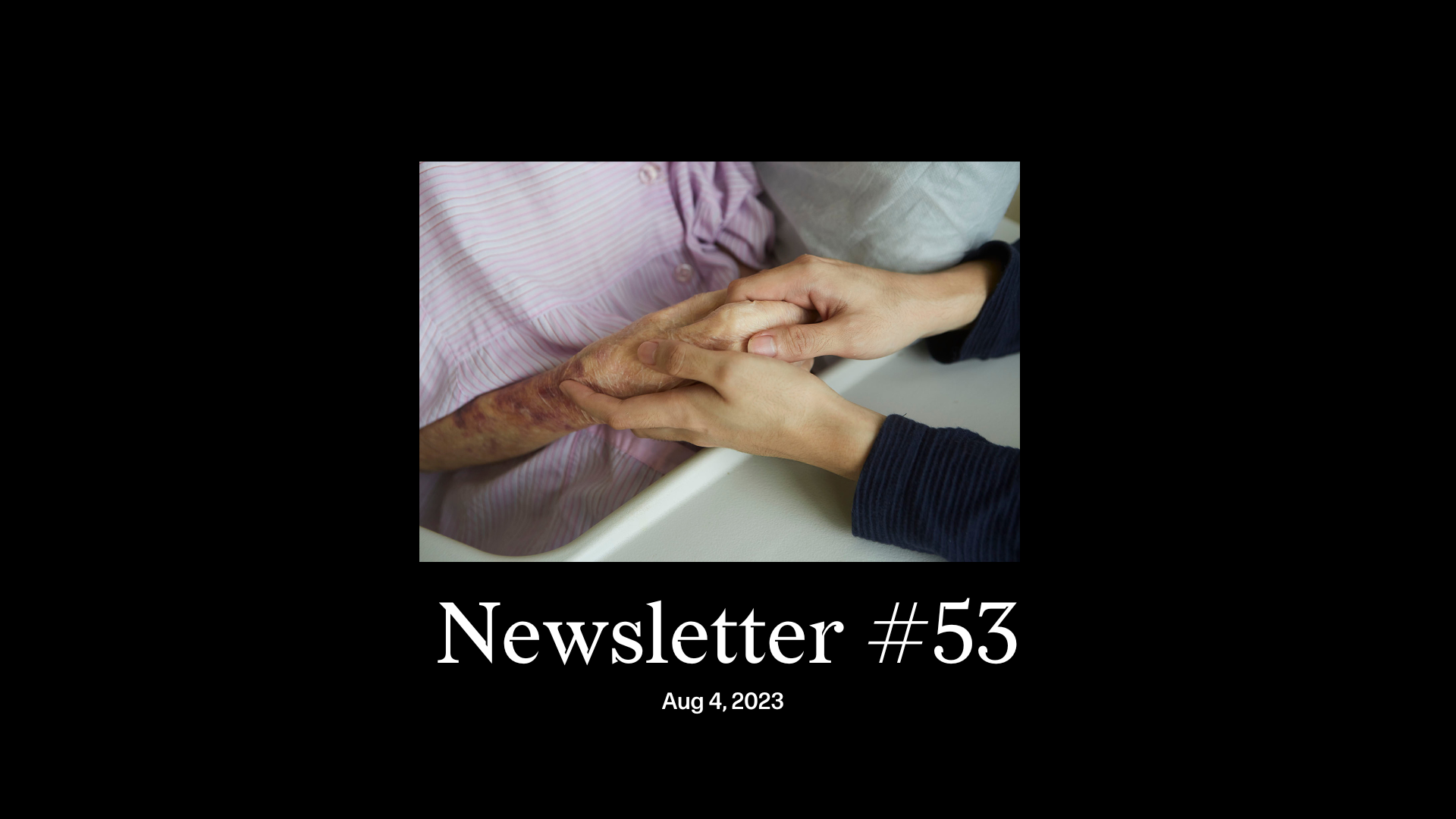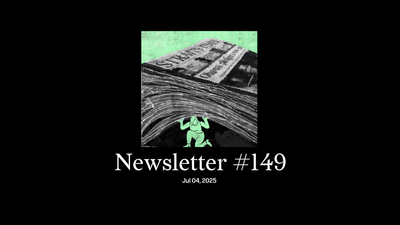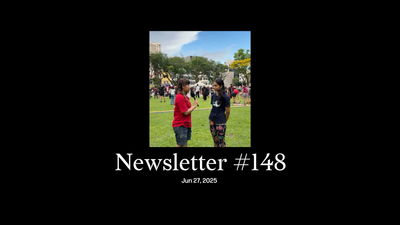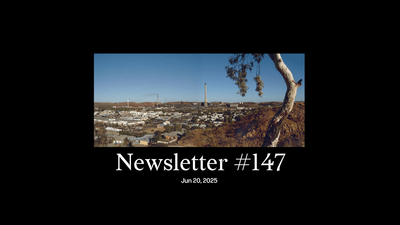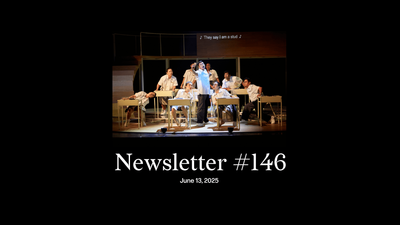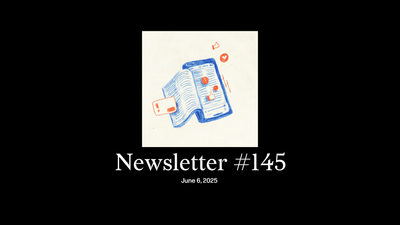Dear reader,
It’s Jean, Jom’s head of research, taking over newsletter writing duties this week. We try to mix things up with the occasional rotation so it’s not just “The Sudhir Show” every week (kidding, boss).
This week, we have two moving pieces focused on caregivers: a long-form essay, “Generational shifts in caregiving”, written by our co-founder and head of content Tsen-Waye Tay; and a photo essay, “The youthful faces of caregiving”, which features the work of Singaporean photographer Alecia Neo.
Like last week’s essay, “Therapising queerness: navigating the mental health system in Singapore”, by our other co-founder Charmaine Poh, today’s pieces have been a few months in the making. Waye spent time getting to know each of the four featured caregivers—Iman, Mason, Sarah and Tasneem—and Amy, a single mother who is cared for by her son.
Waye shares their stories with tenderness and care, and it’s clear there is a mutual trust between them that only time could nurture. Again, I am reminded of why slow journalism is a necessary luxury, one which I am grateful we are afforded through subscriptions like yours.
Earlier this year, unexpectedly, I became my grandfather’s primary caregiver. Like many of the young caregivers featured in Waye’s essay, I experienced the same cycles of “love/guilt, sorrow/joy, duty/resentment, fulfilment/frustration, empathy/antipathy.” Accepting the gravity and weight of caregiving responsibilities is rarely a speedy or linear process. Sometimes, I still struggle under it.
Caregiving is a uniquely singular experience, one which demands physical, emotional and mental labour. It claims your time and patience, even when you have neither. It also creates bonds like no other—with the person you are caring for, with healthcare professionals, social workers, nursing home administrators, family members and especially other caregivers.
Alecia’s photographs capture these bonds. I can’t help but be moved by the rawness of emotion in each photograph; they reinforce the reality that caregiving is harsh, but also enriching, joyful, sweet.
As families become smaller and Singaporean society ages, more of us will become caregivers. Some have to confront this hard truth sooner than others—“...given the generational shifts in caregiving towards Gen Z, it seems inevitable that carers will experience at least two if not three caregiver phases in their lives”, writes Waye. It is becoming increasingly important to build both formal and informal support networks and care infrastructure that provide sustainable help to caregivers.
Waye and Alecia give us a beautiful illustration of this exact importance.
In this week’s edition of “Singapore This Week”, we cover Wednesday’s feisty Parliament sesh, the Ministry of Manpower’s latest Fair Employment Practices Report, the Civic District’s new public art trail, Lee Hsien Yang, and The Economist. Importantly, we also give an update on the urgent call to ban lorry transport for migrant workers, after two accidents last week resulted in 37 injuries. Twenty-five business bodies signed a joint statement pushing back on the call, citing “real, practical and operational complexities”. The government, while admitting that the situation is “not ideal”, has echoed this view.
We all deserve to age with grace and dignity. Sometimes that requires leaning on others for care. Other times, it requires transformative systemic change.
Jom Baca,
Jean Hew Head of research,
Jom
If you've enjoyed our newsletters, please scroll to the bottom of this page to sign up to receive them direct in your inbox.


